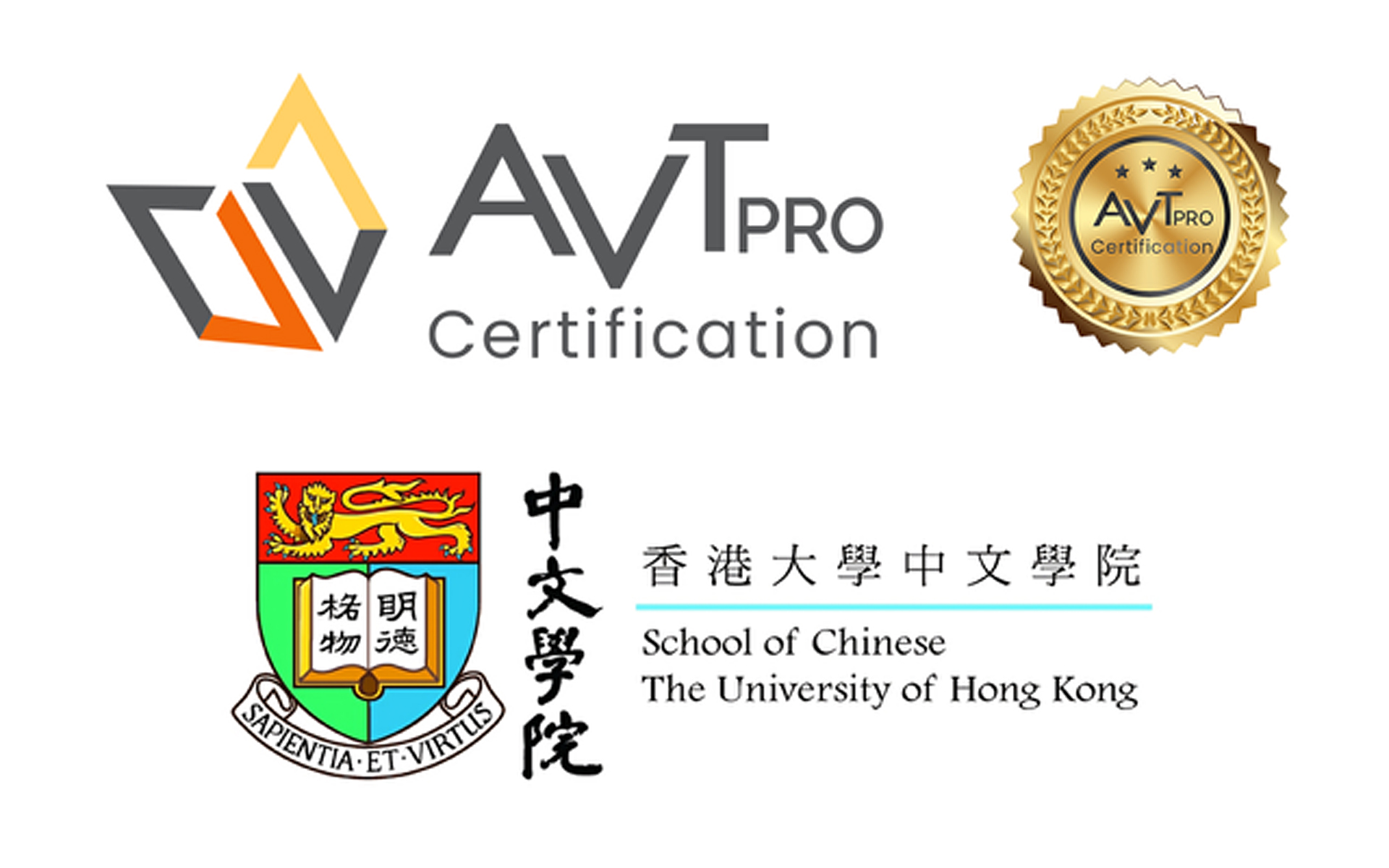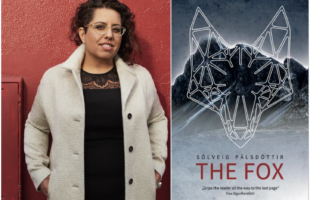
OOONA, a leading provider of professional management and production tools for the media localization industry, announces the expansion of the AVTpro certification program to include exams in two additional languages, Cantonese and Traditional Chinese, with the support of the School of Chinese at The University of Hong Kong (HKU).
Launched in 2023, AVTpro is the first ever professional qualification dedicated to media localization. It offers certifications in Subtitle Translation and Subtitle Creation, reflecting the most common tasks performed by subtitle translators. The two certifications currently cover 13 language pairs from English into Chinese Simplified, French, German, Indonesian, Italian, Japanese, Norwegian, Polish, Brazilian Portuguese, Castilian and Latin American Spanish, Swedish and Turkish. The addition of Cantonese and Traditional Chinese is slated for 2025.
Endorsed by media localizers, independent translators, researchers and academics, AVTpro was developed to highlight the expertise of certified subtitlers, allowing them to stand out in an increasingly competitive field. Designed by media experts and sponsored by companies that service the media industry, AVTpro certification fulfills a critical need for professional standards in media localization. The School of Chinese at The University of Hong Kong is the first academic institution to sponsor the initiative.
“AVTpro Certification addresses a clear gap in the market by facilitating the search for expert media localization talent,” says Dingkun Wang, Assistant Professor in Translation at HKU. “We are proud to support a program that has earned such wide recognition in the industry.”
“Certification is the sign of a mature market,” adds Andrew Garb, Global Account Manager at OOONA. “Media localization has evolved substantially during the past two decades. Our mission at OOONA is to keep at the forefront of the media localization industry by providing solutions to the companies and professionals working in it. By driving this initiative, we aim to foster the continued growth of the field and enhance the visibility of media localization experts, enabling them to be discovered easily by language service providers seeking specialized talent.”







